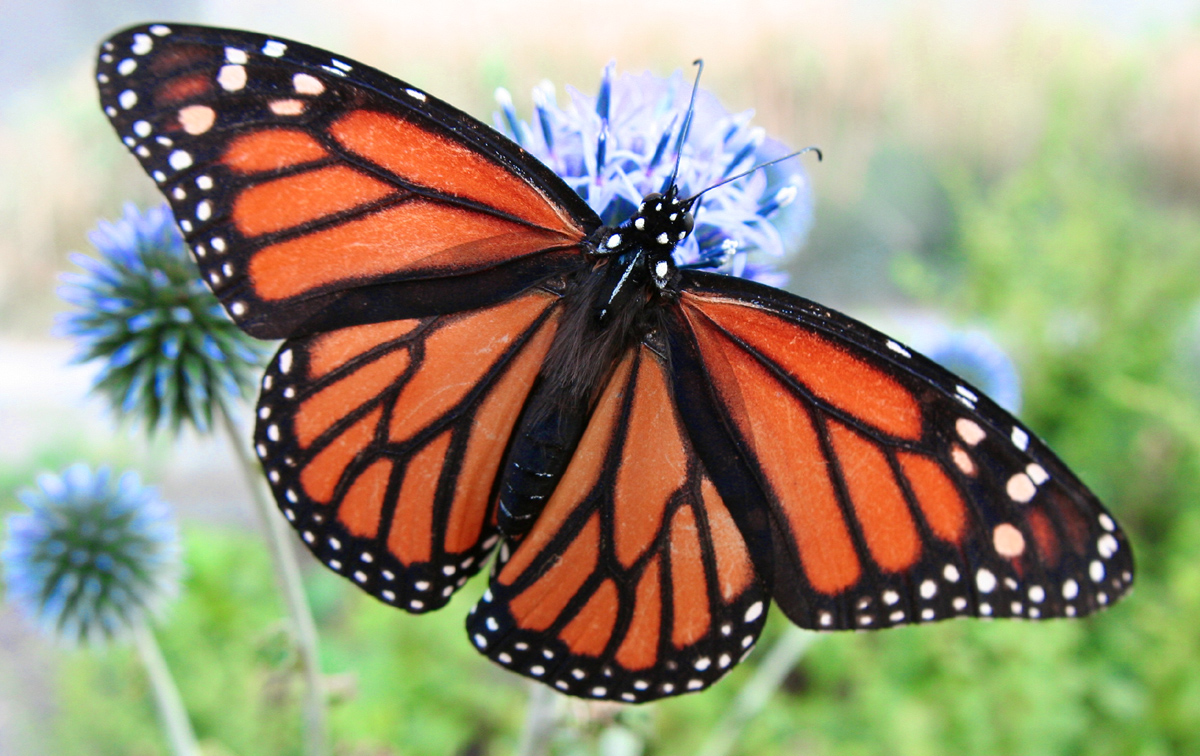There are stages of change that an insect goes through as it matures. This change process is called Metamorphosis. First an egg is formed. Then, with just the right temperature and environment, larva hatches from the egg. Once the larva has finished growing, it transforms into a pupa. During the pupa stage, even though on the outside it looks like the insect is resting calmly in its shell, it is actually working hard in the inside, rearranging its organs, growing, creating and developing just the right muscles and organs to thrive once it is out. And then emerges a beautiful butterfly.
Most of us give little importance to the difficult process through which the insect goes through to become a butterfly. Similarly, we give little importance to our own stages of change, and put much of our efforts into the end goal – whatever that is. Even though on the outside it seems to the rest of the world that not much is changing, you are transforming on the inside, slowly and with a lot of effort, mentally, emotionally, and physically. It is time we take a moment to reflect on this change process to understand and appreciate just how challenging it can be.
Making a change, regardless of what it is, is not as simple as saying “I am going to quit smoking as of tomorrow,” or “I will exercise every day,” or even “I will get out of bed and go to work tomorrow.” The mere act of making such a decision requires a lot of effort. Implementing the decision is a whole other ball game. When you find yourself stuck in the same pattern of setting a goal, and being unable to see it through, that may be because you are simply not ready to make that change or perhaps you are expecting yourself to make too drastic of a change.
Readiness for change, simply put, is how mentally and emotionally able you are to make a commitment. Often times it is difficult to make a change because there is a certain level of comfort in continuing life the way things have been. It is comfortable to watch TV for hours on end, even though it means being unproductive, unable to complete important tasks, and experiencing subsequent feelings of guilt and shame. If this is where you are stuck, perhaps it may be helpful to start by showing yourself some compassion over recognizing that it is hard to stop doing something that feels good in the moment.
Human beings are driven by pleasure. Pleasure reinforces our behaviours. Making a change, then, means having to change how your brain responds to this behaviour that you are trying to change. You can expect to see some resistance. You may feel irritable or anxious. You may even try to negotiate with yourself “one hour of TV won’t hurt me.” Instead of beating yourself up, acknowledge that what you are doing is hard. You are going against what every fiber in your body is telling you do – and that kind pressure is not easy to ignore. In showing yourself some compassion you may say:
“This is really freakin’ hard! I’m doing the best that I can. It is normal for me to feel stuck.”
When you are stuck, it can be helpful to consider the following questions:
- If I was going to change this behaviour, why would I do it?
- How important is it to change this behaviour right now?
- Why might it be time for a change?
- What will happen if I change?
b. What will happen if I don’t change? - What is the BEST thing I could imagine could result from changing?
b. If I don’t change, what is the WORST thing that could happen? - How would my life be different than it is today if I were to change?
Not only could these questions motivate you to make a change, they may also help you to realize what values are driving you to make a change.
If, after reflecting on these questions, you continue to find it challenging to make a change, it may be helpful to consult with a counsellor. A counsellor could help you explore what is important to you and support you in reaching your goal. A counsellor may also help you identify what blocks could be coming in the way of your making this change, and help you find ways around these blocks.


